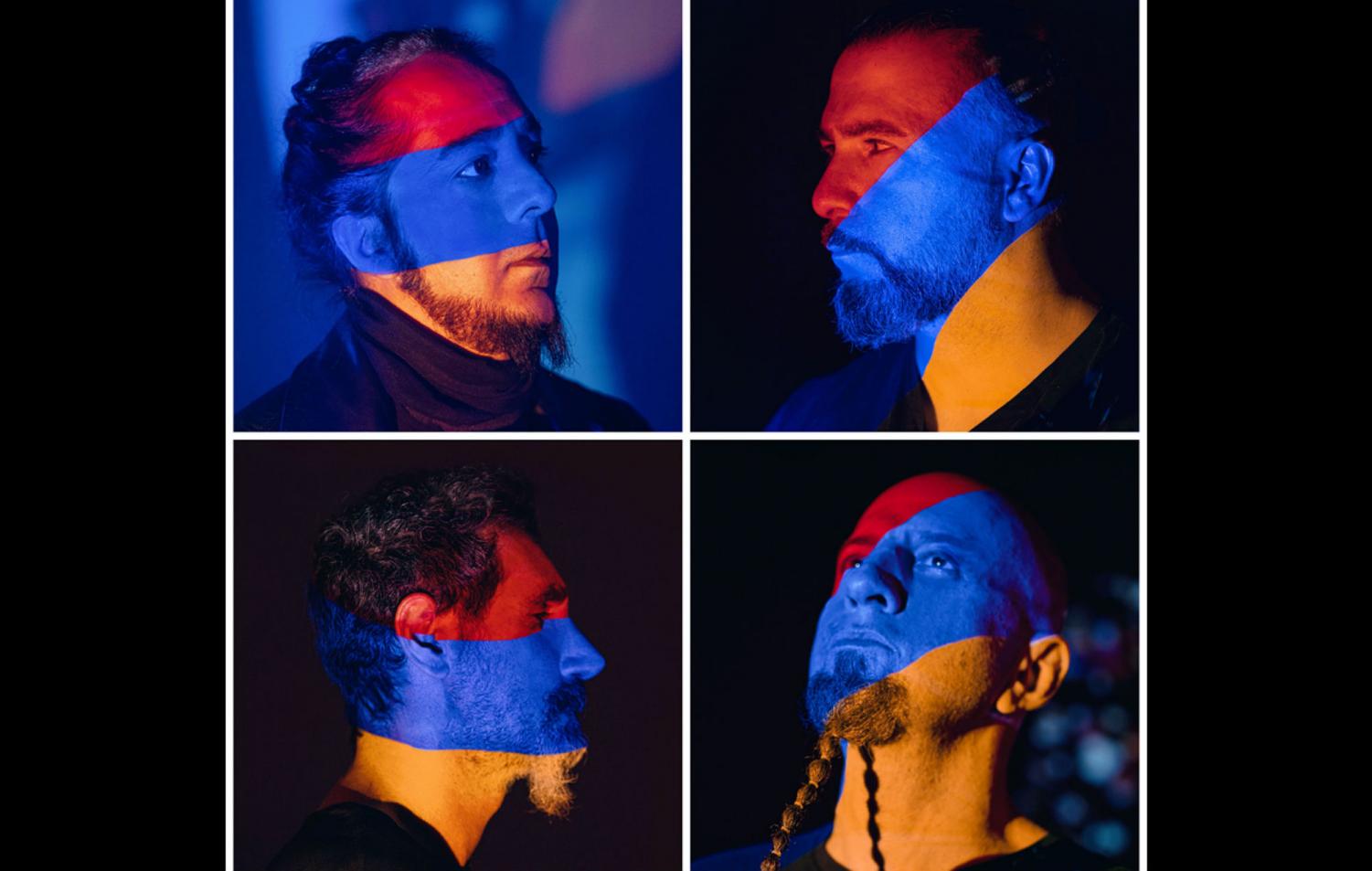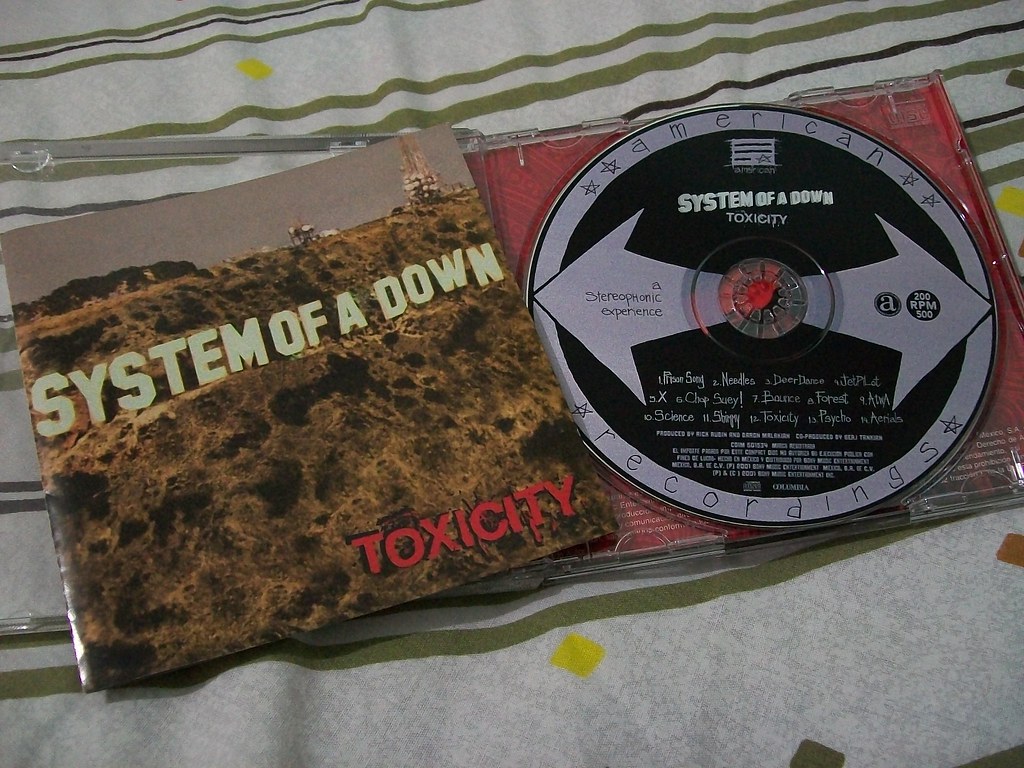

Produced by Rubin and containing their biggest singles, Toxicity was the delivery system ferrying System of a Down’s agitprop thrash to radio stations and crowds across America, turning them into unlikely superstars. Such is the legacy of System of a Down, whose breakthrough record Toxicity celebrates its 20th anniversary this month. But we were not going to write a song that sounded like Limp Bizkit so we could get on the radio. “Limp Bizkit was on the radio at the time - now, Limp Bizkit was actually very cool to us in the early days of System of a Down. “We weren’t playing the safe nu-metal riff that was going on at that time,” Malakian said. It goes gold before the band is even thinking about a follow-up. The closest thing to a single is a deranged cut of fuzz called “Sugar,” where Tankian howls about something called “the Kombucha mushroom people” before building to the kind of dizzying pitch that confuses household animals. Their first record is produced by the already legendary Rick Rubin - a big score for an unsigned band with a fervent local following. (And, lest we forget, they really rock.)īecause of the increasingly permissive state of rock radio in the ’90s, this formula is somehow not a turnoff to mainstream tastes, but acceptable. Their songs tackle war, genocide, American empire, organized religion, media bias, government control - the type of stuff you expect to hear from a leftist professor, not a rock band. And contrary to the hormone-crazed butt-rock boasts of the nu-metal bands suddenly dotting the culture, or the weepy, woe-is-me chugging of the post-grunge bands still trying to cash in after the end of Nirvana, these guys are deep. Serj Tankian, the singer, looks like a madman, only his hard-rock scream frequently eases up to reveal a soulful baritone - right before the music breaks back into anarchic free-for-all. Consider this: It’s the mid-1990s and four Armenian Americans from Los Angeles start a band, playing a fermented style of heavy metal that draws deeply from the traditional music of their homeland.

We were just being ourselves,” System of a Down guitarist Daron Malakian tells me by way of explaining how weird his band was. The work of pure genius.System of a Down during the “Chop Suey!” video shoot at the Hollywood Area Hotel.

Do yourself a favour and listen to this album with fresh ears in 2020, the evidence is staggering, Toxicity has refused to age, unlike so many of their nu-metal peers, and still sounds as weird, as wild and as inhumanly massive as it did 19 years ago. Now that songs like the title track, Prison Song, Ariels and the career dominating Chop Suey! are so deeply woven into the fabric of metal it would be easy to forget just how bizarre and challenging those compositions are, but the fact they turned them into genuine generational anthems is a trick that maybe no other band can claim to have done. Debuting at number one on the US Billboard 200, it turned System from hot new cult band to one of the biggest names in the world of music, that it managed this feat without sacrificing one iota of the bands quirks and oddness is a stunning achievement. What else was it ever going to be? Toxicity remains one of the most essential releases made by any band in the history of metal.


 0 kommentar(er)
0 kommentar(er)
